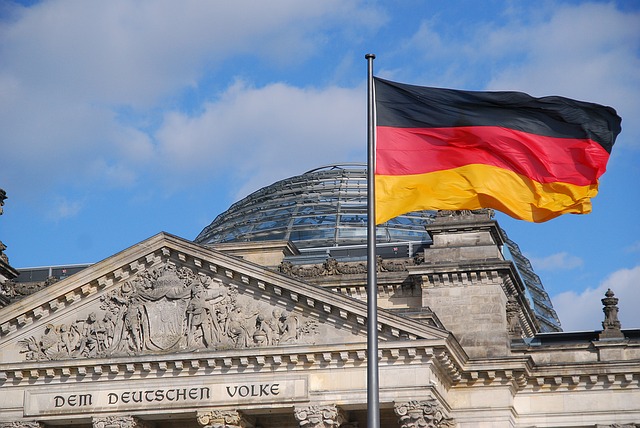Transparency in Environmental, Social, and Governance (ESG) policies, with the Supply Chain Due Diligence Act, is getting more and more attention around the globe. Consumers require companies to provide the origin and background of their products and services. Accordingly, companies should comply with the supply chain regulations regarding human rights and environmental standards.
What is the German Supply Chain Due Diligence Act?
In June 2021, following the Bundestag (German Federal Parliament), the Federal Council adopted the German Supply Chain Due Diligence Act. Its official name is Lieferkettensorgfaltspflichtengesetz, or LkSG. It is also simply referred as the German Supply Chain Act or SCDDA. On July 22, 2021, the German Federal Law Gazette published the Act. This law requires companies to protect human rights and the environment by establishing due diligence procedures in their business operations and global supply chain.

Who is Affected by then Supply Chain Due Diligence Act in Germany?
This act applies to companies with 3,000 or more employees as of 1 January 2023 and smaller companies with 1,000 or more employees as of 1 January 2024. Interestingly, one should calculate all employees, including those outside Germany.
What are the Requirements of the Supply Chain Due Diligence Act of Germany?
Under the Supply Chain Due Diligence Act, German companies that supply their products and services directly or indirectly should meet specific obligations. Overall, the objectives of these obligations are to respect human rights and environmental standards. Consequently, SCDDA requires companies to fully implement these obligations not only in their business operations but also in their global supply chain. In the event of violations, companies will face significant charges.

Accordingly, businesses must take the following measures:
Risk Analysis and Management:
In the first place, companies must determine and assess the risks of violating human rights in their supply chains. Then, they must manage these risks by implementing proper measures. According to SCDDA, the following Environmental, Social, and Governance (ESG) criteria are examples of risk areas:

- Environmental damages related to:
- Mercury (reference: the Minamata Convention, RoHS, and REACH)
- Persistent Organic Pollutants
- Hazardous waste management per the Basel Convention, including WEEE, e-waste
- Illegal seizure of land and waters
- Child labor
- Forced labor
- Employment discrimination
- Minimum wage
- Occupational health and safety
- Torture
- Difficult and problematic working conditions
- Etc.
Preventive and Corrective Measures:
After analyzing the risks associated with human rights, companies must prevent, reduce, and remedy any determined adverse impacts by taking appropriate measures. Here are examples of preventive and corrective measures:
- Selecting proper suppliers
- Supplier monitoring and controlling mechanisms
- Creating codes of conduct
- Preparing policy statement on human rights strategies
- Providing training courses
- Taking immediate and appropriate remedial actions in case of violations

A Complaint Mechanism:
Moreover, companies need to implement a grievance mechanism through which affected persons and persons aware of such violations can complain about any misconduct related to human rights and environmental standards.
Mandatory Documentation and Reporting:
Finally, companies must continuously document their compliance with the SCDDA requirements. In doing so, they must file annual reports regarding the actual and potential adverse impacts on human rights and the environment from both their business operations and their supply chain. The report must also outline the appropriate corporate measures to achieve due diligence. In addition, companies must submit the report to the German Federal Office for Economic Affairs and Export Control.

Corporate Opportunities Coming from the Supply Chain Due Diligence Act of Germany
Although compliance with human rights and environmental standards in the supply chain puts an extra cost for a company, it also promotes the company’s brand and trademark. Therefore, it increases the reputation of the company.
Other countries around the world have already put in place similar social compliance regulatory laws regarding respecting human rights in the supply chain, such as:
- The European Union inventory of Conflict-Affected and High-Risk Areas (CAHRA) per Regulation 2017/821
- Child Labour Due Diligence Law in the Netherlands,
- Duty of Vigilance Act in France,
- Swiss Human Rights Due Diligence Law,
- The American Dodd-Frank Act in the USA,
- Justice for Victims of Corrupt Foreign Officials Act in Canada,
- And other laws against human trafficking.
Do you need support to build a strong supply chain due diligence system? Or do you have questions regarding your corporate obligations in the supply chain? Contact Enviropass!

